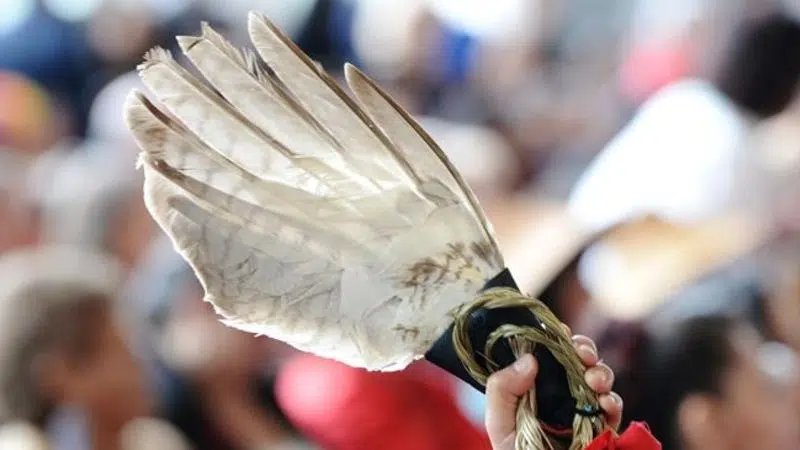
Some of the MMIWG inquiry’s farthest-reaching recommendations
GATINEAU, Que. — The final report of the national inquiry into missing and murdered Indigenous women and girls includes more than 200 “calls for justice.” A selection of some of the farthest-reaching ones:
1. Establish a national Indigenous and human-rights ombudsperson and a national Indigenous and human-rights tribunal
2. Create a national action plan to ensure equitable access to employment, housing, education, safety, and health care


